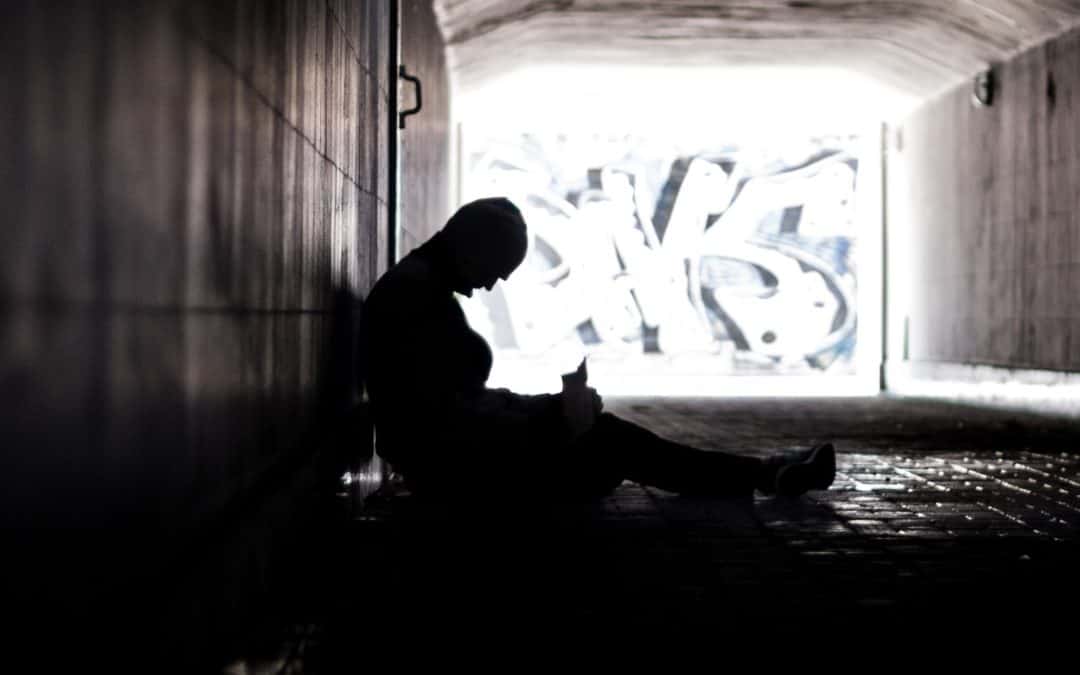When struggling with dependency, there is always the ever-present danger of relapse. Those using drugs or alcohol often find it difficult to maintain their sobriety, especially early on during the treatment and healing process. By learning more about why addicts relapse, the risks of relapse, and what can make it so potent, we hope to educate in an effort to prevent relapse and further bodily destruction through the use of drugs and alcohol. Effectively learning to combat relapse as well as addiction can ultimately mean the difference between a new lease on life and tragedy.
What Is Relapse?
By definition, relapse is a deterioration in someone’s state of health after a temporary improvement. Relapse can occur at any point during the healing process, and many of those suffering from addiction will relapse multiple times during their recovery journey.
An example of a relapse would be a person dependent upon alcohol. They have been consistently abusing alcohol for three years, but have managed to maintain their sobriety for the past four months. One night, this person is feeling a particularly strong craving. Their sponsor will not pick up the phone and panic begins to set in. After pacing up and down the street outside a local pub, the person finally enters and begins drinking, breaking their sobriety. This is a relapse.
Relapse can happen to anyone struggling with addiction at any time. No matter the drug or alcohol or choice, it is always vital to remember the dangers of relapse and to treat it with the caution and respect it deserves.
Dangers of Relapse
Relapse can be a traumatic event that has long-lasting consequences. One major danger of relapse is overdose. When a person has been away from their drug of choice for a period of time before suddenly and abruptly returning to it, overdose can occur more easily. The body is no longer used to the volume of the drug normally consumed, therefore when that amount is put back into the body, the body may go into shock or begin to shut down. This can lead to many dangerous side effects including organ failure and even death.
Relapse is essentially picking a healing scab off of a wound before it has time to fully heal. The wound is reopened, and the process of healing must again be started over. Relapsing at any point is a serious event that should be treated with the utmost caution.
Some Common Reasons Why Addicts Relapse
There are many common reasons why addicts relapse. In the end, the reason does not matter. What matters is whether or not the person relapsing is willing to continue to undergo treatment and overcome the adversity of their relapse and their addiction. Common reasons why addicts relapse include:
Boredom
Boredom is often pointed to as an influence and motivator for relapse. Users will inevitably find themselves bored at some point during the recovery process. This can be a particularly trying period of time as an idle mind often returns to its comforts in order to seek pleasure. Staying busy and engaged in meaningful activities can be a major key to maintaining one’s sobriety during recovery.
Fear
Fear is a huge motivator for relapse. The fear of missing out, as well as the fear of the unknown, are also common drivers of relapse. When a person is placed in an unfamiliar place surrounded by unfamiliar faces, it is only natural to wish to seek comfort. Unfortunately, many of those suffering from addiction choose to quell this fear and seek solace in the drug or alcohol that they have been fighting to get away from. Like boredom, the best way to combat fear is through experience as well as staying busy and productive.
Self-loathing
Self-loathing is often one of the driving factors of addiction in its very base form. Feeling like you deserve to suffer or that bad things ought to happen to you is a tell-tale sign that you are experiencing resentment for yourself. This can be a dangerous path that may lead not only to relapse but also to further tragedy if left unchecked.
Withdrawal
Finally, withdrawal proves to be a common reason why addicts relapse. As the withdrawal process moves along, users will inevitably experience withdrawal symptoms at some point. Rather than fighting through the withdrawal symptoms, many users end up relapsing. They do this because their withdrawal symptoms feel too intense. This is a dangerous way to quell the effects of withdrawals as it feeds into a brutal process of rinse and repeat over and over and over.
Coping with the Disappointment of Why Addicts Relapse
Experiencing relapse can be a discouraging experience. However, many people experience a relapse at some point during their recovery. Many addicts experience multiple relapses before they are able to maintain their sobriety. Still, they often go on to put addiction behind them once and for all. Always remember that even if you relapse, your journey is not over. Just because you slip up does not mean that lasting sobriety isn’t just right around the corner for you. Find the appropriate system of support to help you. This increases your likelihood of a successful and long-lasting recovery.
Find Lasting Recovery In Tennessee
Detox West Tennessee in Memphis can help you every step of the way of your recovery. We provide a fully functional residential drug and alcohol detox and rehabilitation center. Allow our compassionate and professional staff to give you the tools necessary for lasting recovery. There has never been a better time to regain control over your addiction and your life. Contact our admissions page today and take the first step in your individual recovery journey.


